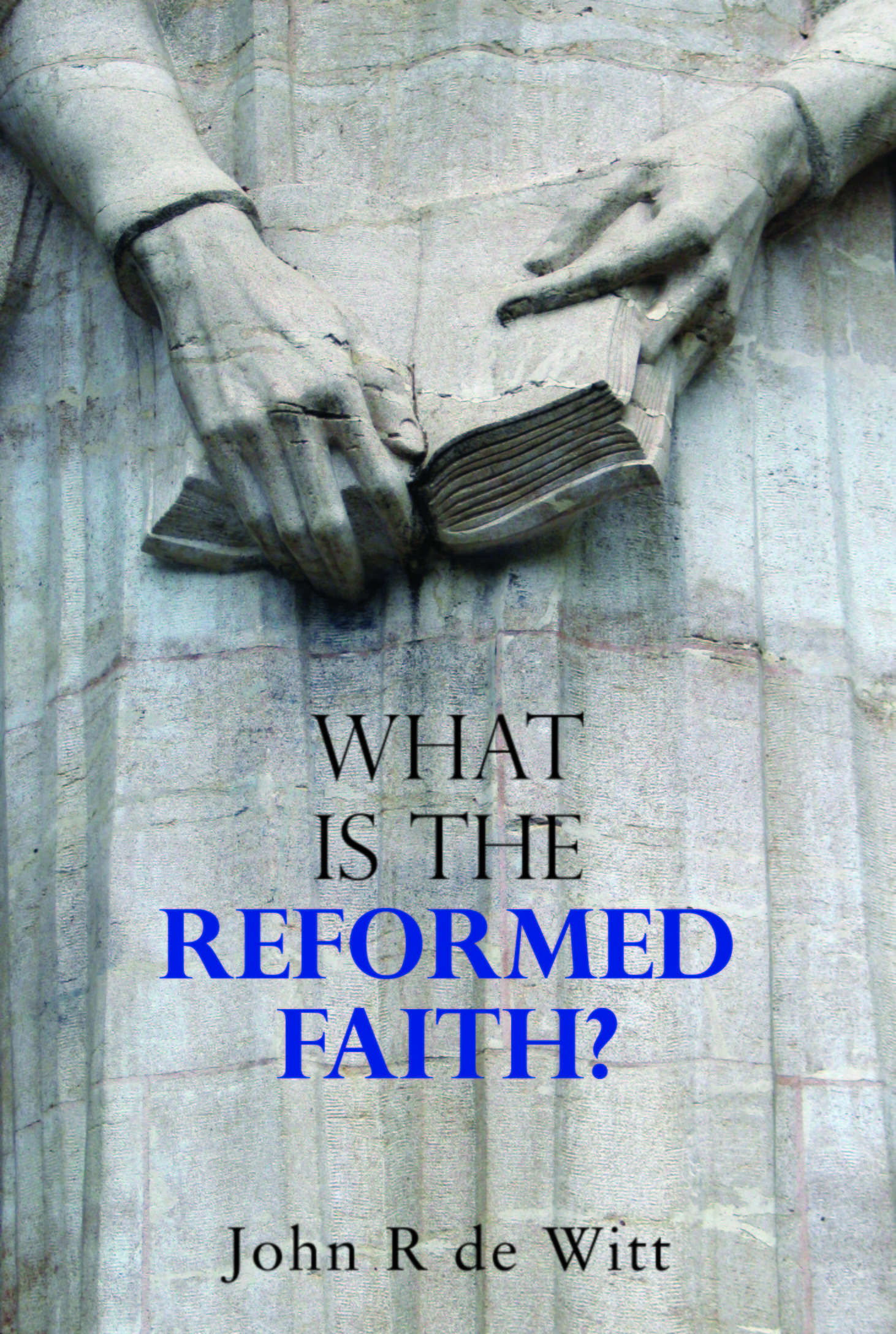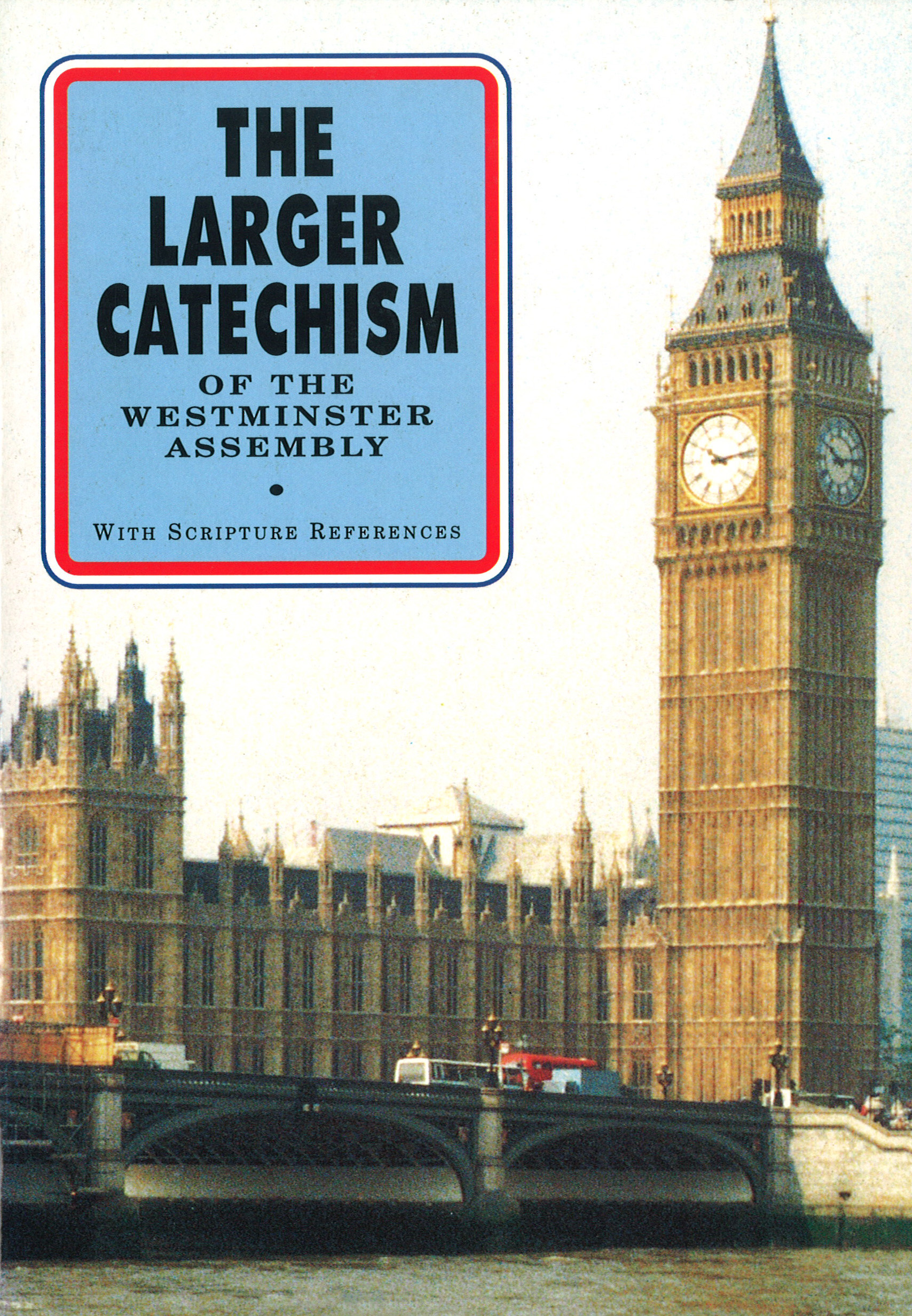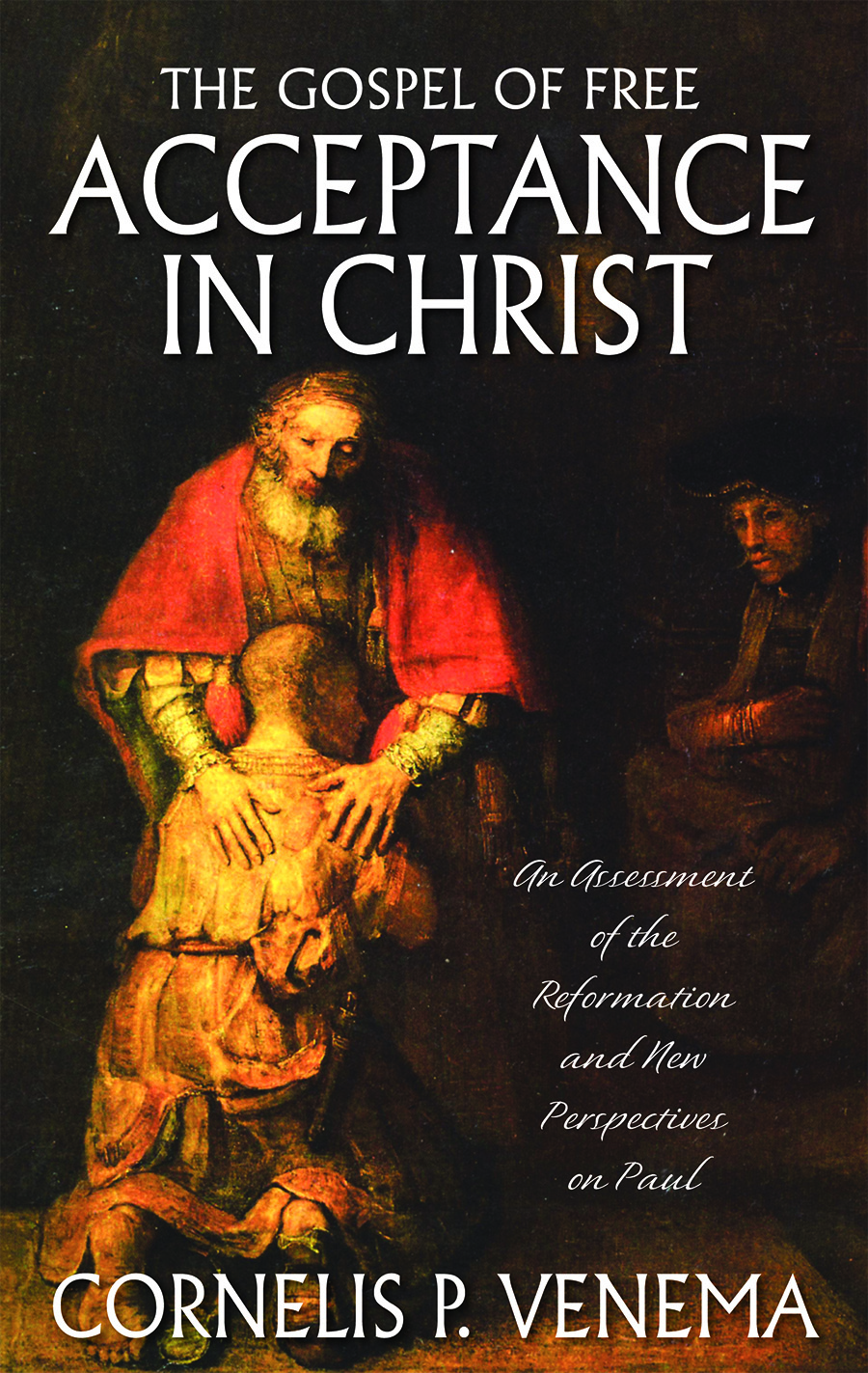The Gospel of Free Acceptance in Christ
An Assessment of the Reformation and the New Perspective on Paul
| Weight | 0.53 kg |
|---|---|
| Dimensions | 22.3 × 14.3 × 2.5 cm |
| ISBN | 9780851519395 |
| topic | Justification, Salvation |
| page-count | 352 |
| scripture | New Testament |
| Banner Pub Date | Nov 1, 2006 |
| Original Pub Date | 2006 |
| format | Book |
| Binding | Cloth-bound, eBook (ePub & Kindle), Cloth-bound & eBook (ePub & Kindle) |
*30% off for our Reformation Day special, ending at midnight on October 31st*
Book Description
Recent decades have seen a renewal of interest in the central message of the Christian gospel among contemporary New Testament scholars. ‘New perspectives’ on Paul’s doctrine of justification have emerged and are being offered to the church.
This book has been written out of the conviction that Protestant churches need to reacquaint themselves with their rich doctrinal heritage, particularly their understanding of the gospel- the good news of free acceptance with God on the basis of Christ’s redeeming work. Before abandoning the ‘older perspective’ on Paul in favour of the new, evangelical Christians need to understand exactly what it is they are being asked to abandon.
Furthermore, evangelicals must take a careful look at the claims of those who propose a newer and ostensibly ‘better’ reading of the apostle’s letters. The newer perspective on Paul makes bold claims for itself, some of which may be rather appealing in an age that favors change and has grown weary with the battle lines of ancient and bitter debates. The newer perspective on Paul demands careful study and assessment, for at stake is nothing less than the gospel itself.
In this study the reader will find:
- A summary of the older perspective of the Reformation (which understood justification to be the gospel’s declaration that sinners are acceptable to God by the grace of Christ alone)
- A general introduction to what is known as the ‘new perspective’ on Paul
- A critical assessment of new perspective claims from both a biblical and a theological standpoint.
Table of Contents Expand ↓
| Preface | vii | |
| 1 | Justification in Contemporary Discussion | 1 |
| PART ONE: THE REFORMATION PERSPECTIVE ON PAUL | ||
| 2 | Justification by Faith Alone | 27 |
| 3 | Can a ‘Lonely’ Faith Save? | 62 |
| PART TWO: A NEW PERSPECTIVE ON PAUL | ||
| 4 | A New Perspective on Paul: E. P. Sanders and James D. G. Dunn | 93 |
| 5 | A New Perspective on Paul: N. T. Wright | 120 |
| PART THREE: A CRITICAL ASSESSMENT OF THE NEW PERSPECTIVE ON PAUL | ||
| 6 | Scripture, Confession, and Historical Reconstruction | 143 |
| 7 | What Does Paul Mean by ‘Works of the Law’? | 169 |
| 8 | ‘The Righteousness of God’ and Justification | 205 |
| 9 | Justification and the Imputation of Christ’s Righteousness | 232 |
| 10 | Justification and a Final Judgment according to Works | 257 |
| 11 | Conclusion | 293 |
| Selected Bibliography | 309 | |
| Indexes | 325 |
More items to consider:

Description
Subtitled ‘An Assessment of the Reformation and “New Perspectives” on Paul’, contains a summary of the Reformation perspective on Paul’s doctrine of justification, a general introduction to what is known as the ‘new perspective’, and a critical assessment of the latter from a biblical and theological standpoint. 352pp.

Description
Subtitled ‘An Assessment of the Reformation and “New Perspectives” on Paul’, contains a summary of the Reformation perspective on Paul’s doctrine of justification, a general introduction to what is known as the ‘new perspective’, and a critical assessment of the latter from a biblical and theological standpoint. 352pp.

The Larger Catechism of the Westminster Assembly
With Scripture References
Description
Subtitled ‘An Assessment of the Reformation and “New Perspectives” on Paul’, contains a summary of the Reformation perspective on Paul’s doctrine of justification, a general introduction to what is known as the ‘new perspective’, and a critical assessment of the latter from a biblical and theological standpoint. 352pp.


Testimonials
Submit your testimonial
There are no testimonials yet, would you like to submit yours?